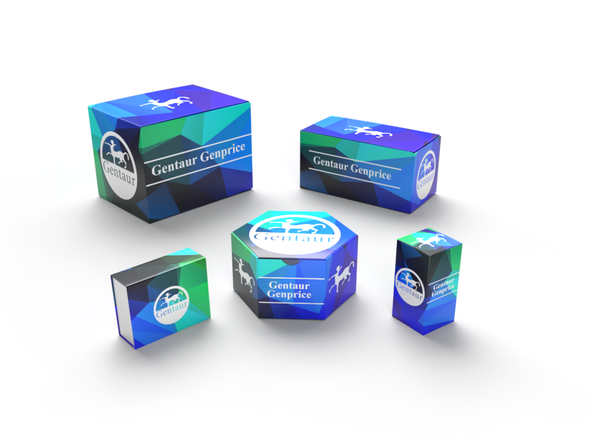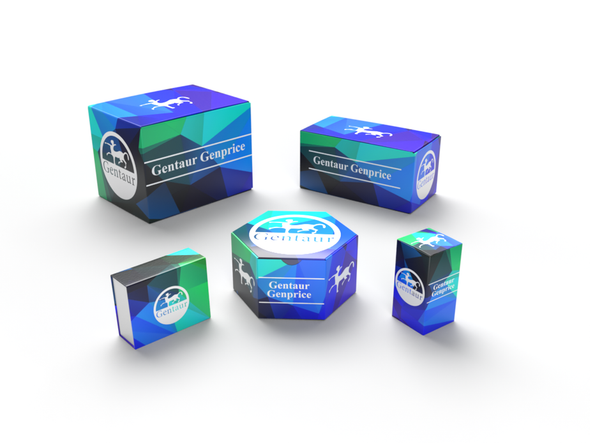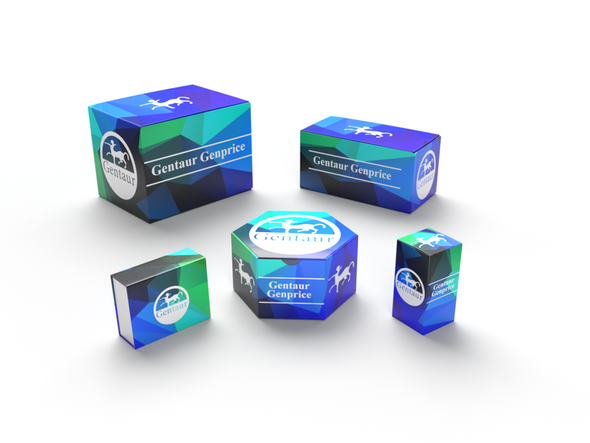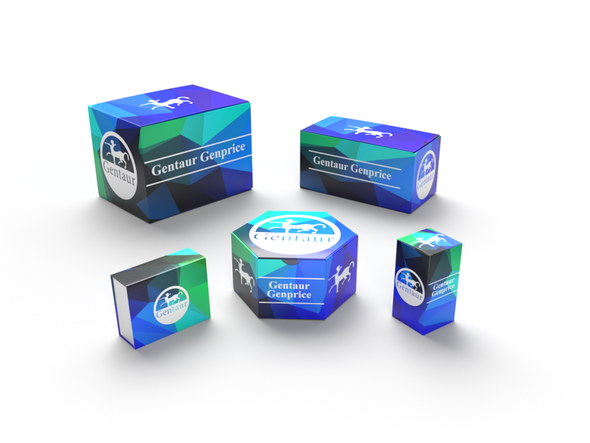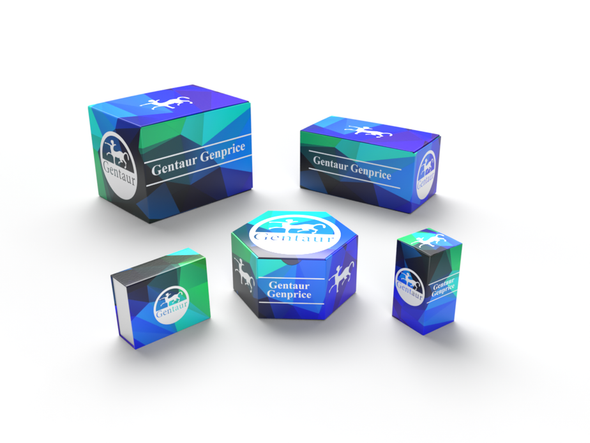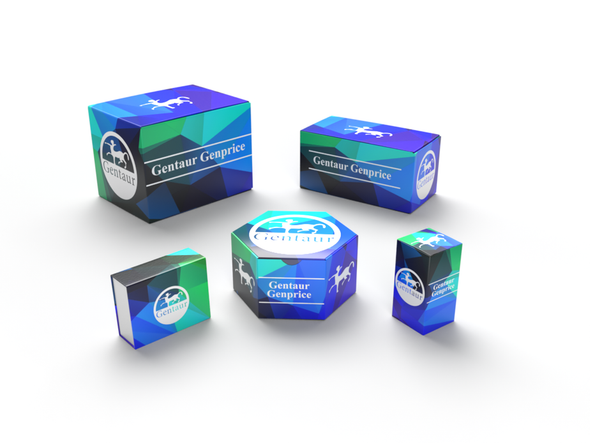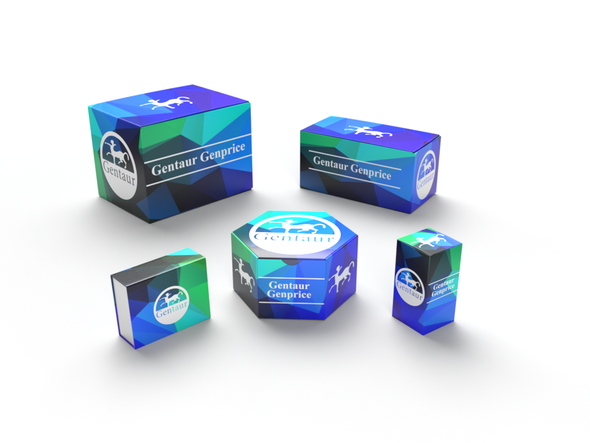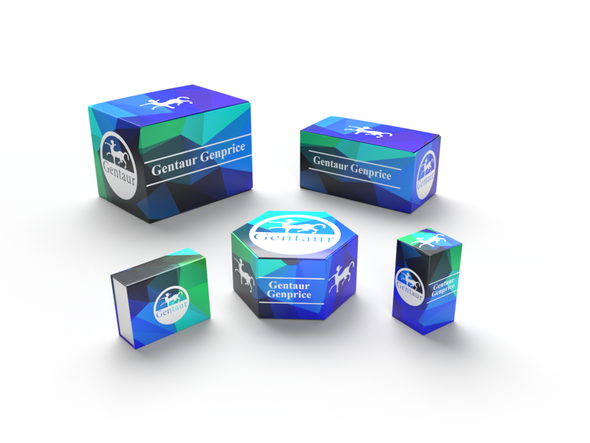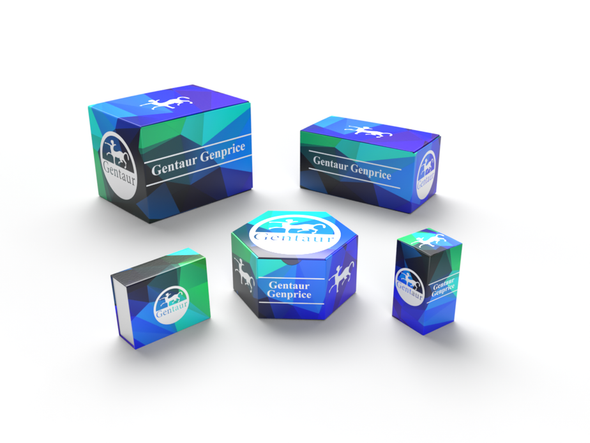209
Rabbit Anti-Human VEGFR-2/KDR Antibody | 102-PA18AG/102-PA18S/102-PA18
- SKU:
- 209-102-PA18AG/209-102-PA18S/209-102-PA18-GEN
Description
Rabbit Anti-Human VEGFR-2/KDR Antibody | 102-PA18AG/102-PA18S/102-PA18 | Gentaur UK, US & Europe Distribution
Species: Anti-Human
Host / biotech: Rabbit
Comment: N/A
Label: N/A
Clone / Antibody feature: Rabbit IgG
Subcategory: Polyclonal Antibody
Category: Antibody
Synonyms: vascular endothelial growth factor receptor-2 ; KDR; FLK1; CD309; VEGF receptor 2; VEGFR2; kinase insert domain protein receptor
Isotype: N/A
Application: WB, E, IP
Detection Range: Western Blot: Use 1-5 µg/ml
Species Reactivity/Cross reactivity: Human
Antigen: Recombinant human KDR (D1-7) (RT #S01-001)
Description: VEGF R1 (Flt-1), VEGF R2 (KDR/Flk-1), and VEGF R3 (Flt-4) belong to the class III subfamily of receptor tyrosine kinases (RTKs). All three receptors contain seven immunoglobulin-like repeats in their extracellular domain and kinase insert domains in their intracellular region. They are best known for regulating VEGF family-mediated vasculogenesis, angiogenesis, and lymphangiogenesis. They are also mediators of neurotrophic activity and regulators of hematopoietic development. Human VEGF R2 is thought to be the primary inducer of VEGF-mediated blood vessel growth, while VEGF R3 plays a significant role in VEGF-C and VEGF-D-mediated lymphangiogenesis.
Purity Confirmation: N/A
Endotoxin: N/A
Formulation: lyophilized
Storage Handling Stability: The lyophilized antibody is stable for at least 2 years at -20°C. After sterile reconstitution the antibody is stable at 2-8°C for up to 6 months. Frozen aliquots are stable for at least 6 months when stored at -20°C. Addition of a carrier protein or 50% glycerol is recommended for frozen aliquots.
Reconstituation: Centrifuge vial prior to opening. Reconstitute in sterile water to a concentration of 0.1-1.0 mg/ml.
Molecular Weight: N/A
Lenght (aa): N/A
Protein Sequence: N/A
NCBI Gene ID: 3791


